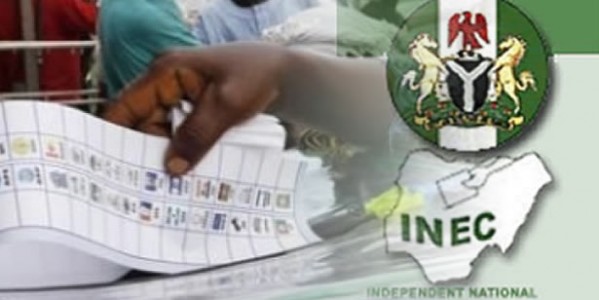FG saves N24.7bn monthly through digitalisation

…Public institution defaulters of IT clearance from NITDA will be punished- Pantami
…Manufacturers urge FG to reconsider plan to increase VAT
Joy Obakeye
The automation of different activities of the Federal Government of Nigeria has begun to yield positive result, as a whopping N24.7 billion was saved monthly through digitalisation of its public services.
This is even as the Manufacturers Association of Nigeria (MAN) has urged the Federal Government to reconsider the plan to increase the Value Added Tax rate, especially at a time when the minimum wage of N30, 000 was just agreed upon.
The Director-General, National Information Technology Development Agency (NITDA), Isah Pantami, over the weekend, disclosed that a lot of funds and revenue has been properly monitored bringing more transparency to its process.
He said: “Under E-Governance today, so many leakages in government institutions have been blocked by IT (Information Technology) and that has integrated even the revenue of our country.
“With the implementation of Treasury Single Account (TSA) and Integrated Payroll and Personnel Information System (IPPIS) and BVN, the Federal Government of Nigeria has been saving a minimum of N24.7 billion monthly, just because of the implementation of this IT software.
“In addition, look at the confidence of our citizens today it has improved significantly in Nigeria because many people today have trust in online banking.’’
The director general said IT had further enabled Nigerians to obtain International Passports, book appointment for biometrics online.
According to him, the Corporate Affairs Commission had automated its system, to enable companies to get registered online without going to the organisation’s office.
Furthermore, he said IT had enabled Nigerians to run online courses without physically attending institutions.
Pantami urged all public institutions to effectively utilise Information Technology for the exchange of knowledge, boost creativity and inclusion.
He said low internet connectivity, lack of digital skills, low integration of business technology with IT as well as non-digitalisation of some public institutions accounted for the huge loss of government revenue.
He warned that institutions which remained non-proficient in IT deployment were likely to be expired by 2020.
He further cautioned that public institution defaulters of IT clearance from NITDA would be punished through the agency’s laws and with directives from the Presidency.
The DG, therefore, urged all public institutions to strive to create IT action plans, retain good IT staff while attracting more world-class IT experts especially the indigent ones in foreign countries.
Meanwhile, the Director-General of MAN, Segun Ajayi-Kadir, said that the proposed VAT increment did not take into cognisance the prevailing times and ongoing government efforts to re-invigorate the economy.
“The timing is inappropriate, especially at a time when the minimum wage of N30,000 was just agreed upon.
“This can send the wrong signals that the government is insensitive to the plights of the low- and middle-income earners, who are clearly in the majority.
“MAN still wishes to state the implication of carrying out such policy, if the alleged proposed increase in VAT is anything to go by.
“It will be seen as a typical case of government simply taking back what was given with the right hand through the National Minimum Wage with the left hand, through an increase in VAT”, he said.
“MAN as a strategic stakeholder in the nation’s development agenda appreciates the need for government to generate more revenue to fund its developmental initiatives amidst declining revenue from oil.
“However, the government should tread with caution in the drive for improved revenue for the following reasons.
“The economy just recently exited recession with the fragile growth rate of less than two per cent recorded in 2018 and should be delicately managed.
“The precarious macroeconomic condition of the country requires palliatives that will improve investment and not higher tax burden.
“The prevailing high lending rate, double-digit inflation, low per capita income, high unemployment rate and a low 1.91 per cent growth rate, amidst 2.6 per cent population growth rate that is already cumulatively limiting competitiveness, can be further worsened.
“Any increase at this time will not be in sync with the standard practice that expects the administration and implementation of VAT to be affected in a manner that distortion and possible adverse effect on the economy is minimised or avoided.
“An increased VAT will spur a spontaneous increase in inflation rate occasioned by increased prices of goods and services”, he said.
Ajayi-Kadir explained that the macroeconomic dynamics and the level of competitiveness in these countries were not the same as the country.
“There is no doubt that VAT is an important revenue source to the government for running the affairs of the country.
“However, the principle of a good tax system is predicated on payment convenience, otherwise it could boomerang, leading to crowding out of businesses; more misery to the citizens and even lesser revenue to the government.
“The high PCI and National Minimum Wage countries like South Africa, China and the likes are able to adequately offset the impact of high VAT on growth and wellbeing of the populace”, he said.








